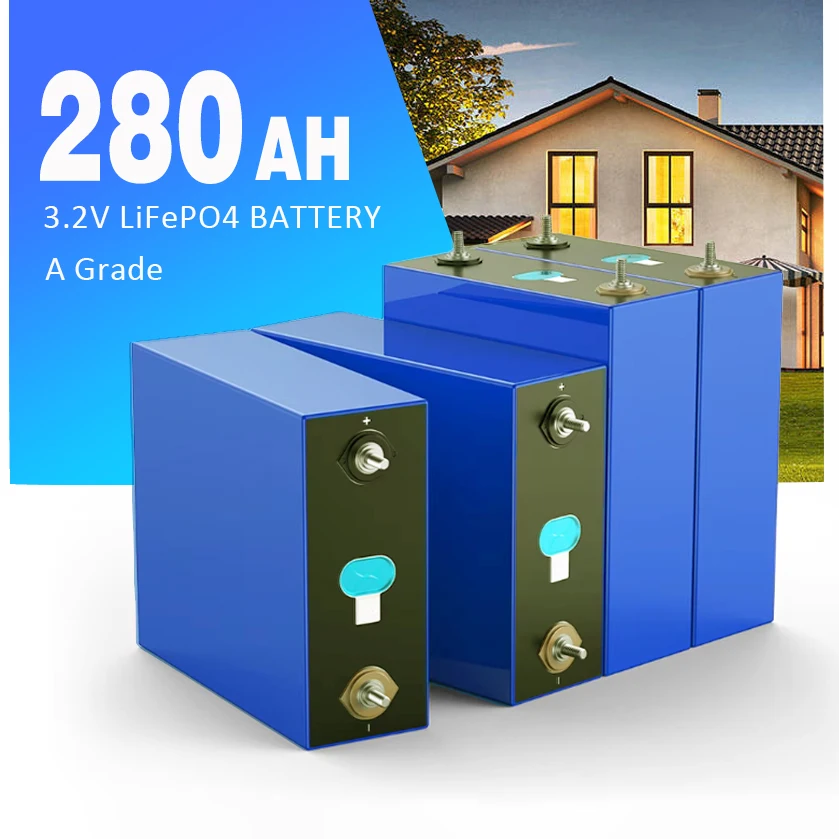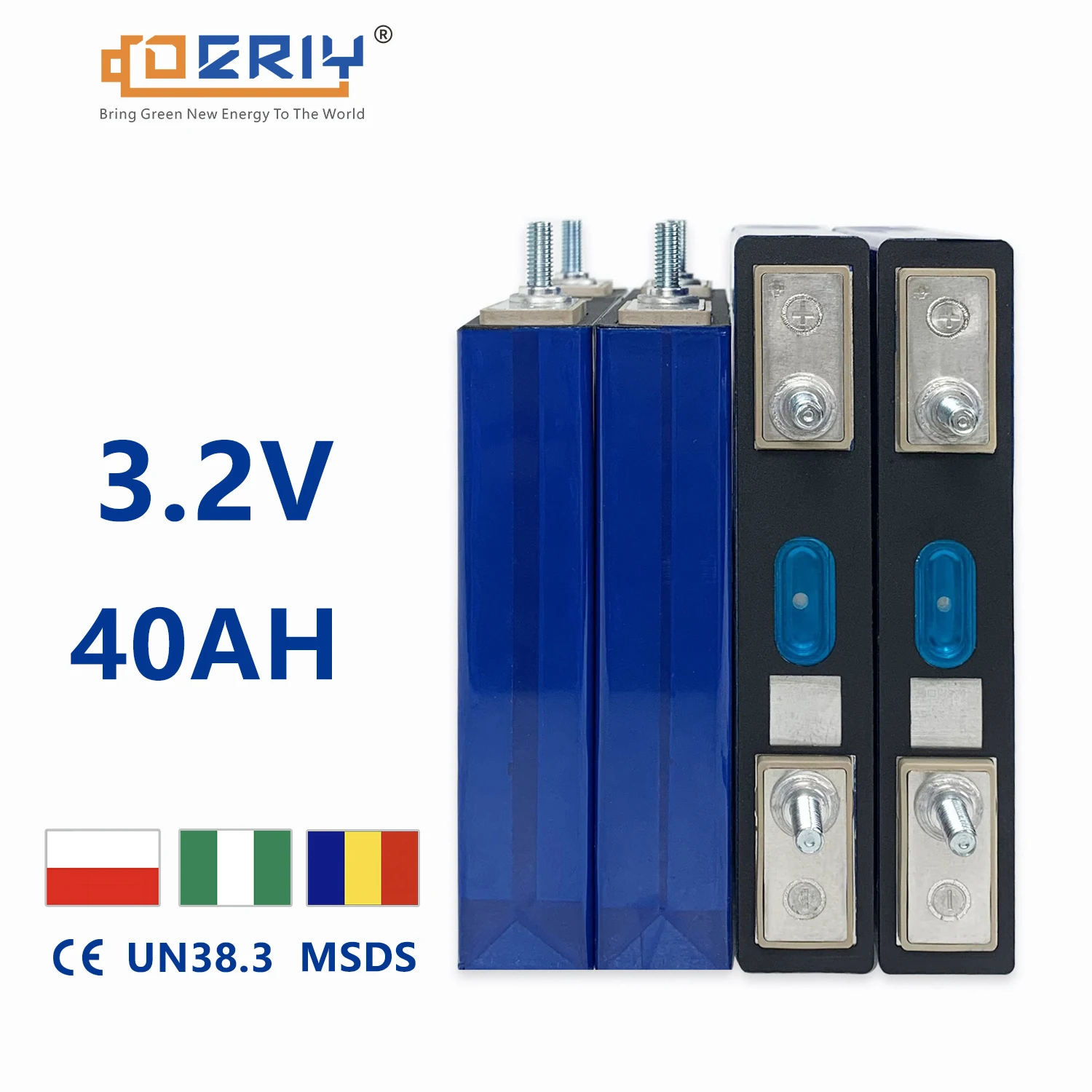LFP (Lithium Iron Phosphate)
LFP is the abbreviation of lithium iron phosphate (LiFePO4), a common cathode material for lithium - ion batteries. It has the advantages of high safety, long cycle life, and environmental friendliness. Batteries using LFP as the cathode material, like lithium - iron - phosphate batteries, are widely used in solar energy storage, electric vehicles, and backup power systems.
Get A Quote

